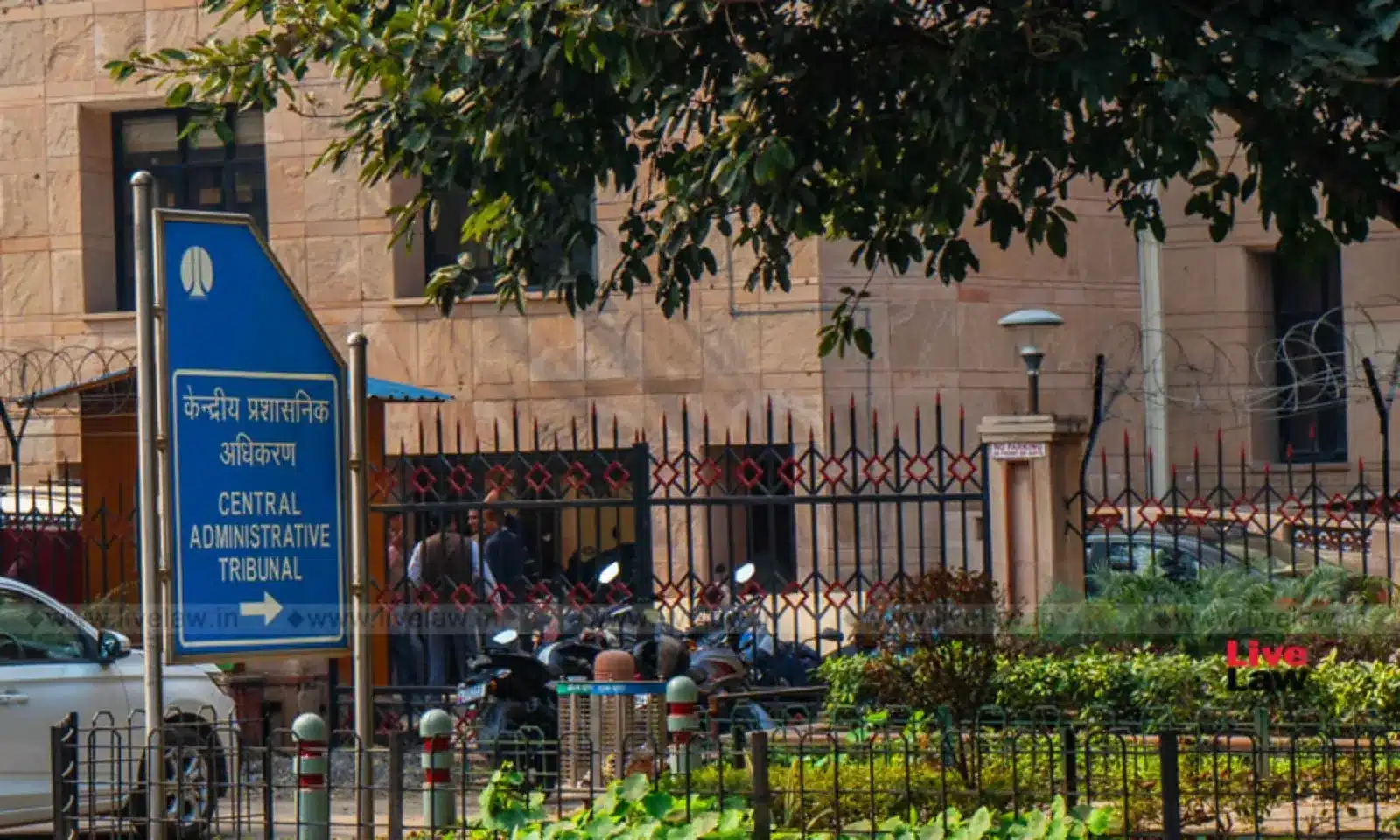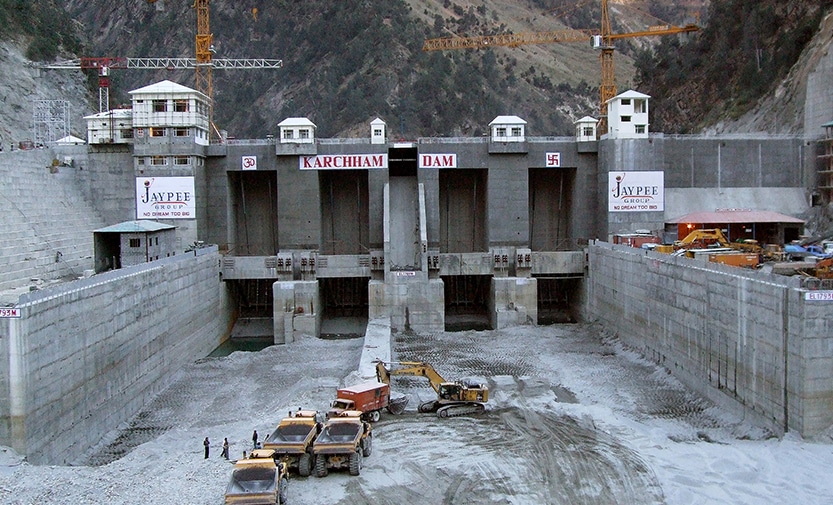About Central Administrative Tribunal (CAT)
- The CAT had been established under Article 323-A of the Constitution.
- Mandate: To adjudicate disputes and complaints with respect to the recruitment and conditions of service of persons appointed to public services and posts in connection with the affairs of the Union or other authorities under the control of the Government.
- In addition to the Ministries and Departments of Central Government, the Government has notified about 214 organizations under Section 14(2) of the Administrative Tribunals Act, 1985, to bring them within the jurisdiction of the CAT from time to time.
- There are 17 Benches and 21 Circuit Benches in the CAT all over India.
- Composition: A bench consists of one Judicial Member and one Administrative Member.
- The conditions of service of the Chairman and Members of CAT are the same as applicable to a Judge of High Court.
- Salaries, Allowances and Conditions of Service of the officers and other employees of the Tribunal are specified by the Central Government.
- Powers:
- It exercises jurisdiction only in relation to the service matters of the parties covered by the Administrative Tribunals Act 1985.
- The Tribunal is guided by the principles of natural justice in deciding cases and is not bound by the procedure prescribed by the Civil Procedure Code.
- CAT is empowered to frame its own rules of procedure and practice.
- It has been conferred with the power to exercise the same jurisdiction and authority in respect of contempt of itself as a High Court.
Q1: What are Tribunals in India?
Tribunals are judicial or quasi-judicial institutions established by law. They intend to provide a platform for faster adjudication as compared to traditional courts, as well as expertise on certain subject matters. It performs a number of functions, like adjudicating disputes, determining rights between contesting parties, making an administrative decision, reviewing an existing administrative decision, and so forth.
Last updated on June, 2025
→ UPSC Notification 2025 was released on 22nd January 2025.
→ UPSC Prelims Result 2025 is out now for the CSE held on 25 May 2025.
→ UPSC Prelims Question Paper 2025 and Unofficial Prelims Answer Key 2025 are available now.
→ UPSC Calendar 2026 is released on 15th May, 2025.
→ The UPSC Vacancy 2025 were released 1129, out of which 979 were for UPSC CSE and remaining 150 are for UPSC IFoS.
→ UPSC Mains 2025 will be conducted on 22nd August 2025.
→ UPSC Prelims 2026 will be conducted on 24th May, 2026 & UPSC Mains 2026 will be conducted on 21st August 2026.
→ The UPSC Selection Process is of 3 stages-Prelims, Mains and Interview.
→ UPSC Result 2024 is released with latest UPSC Marksheet 2024. Check Now!
→ UPSC Toppers List 2024 is released now. Shakti Dubey is UPSC AIR 1 2024 Topper.
→ Also check Best IAS Coaching in Delhi






















